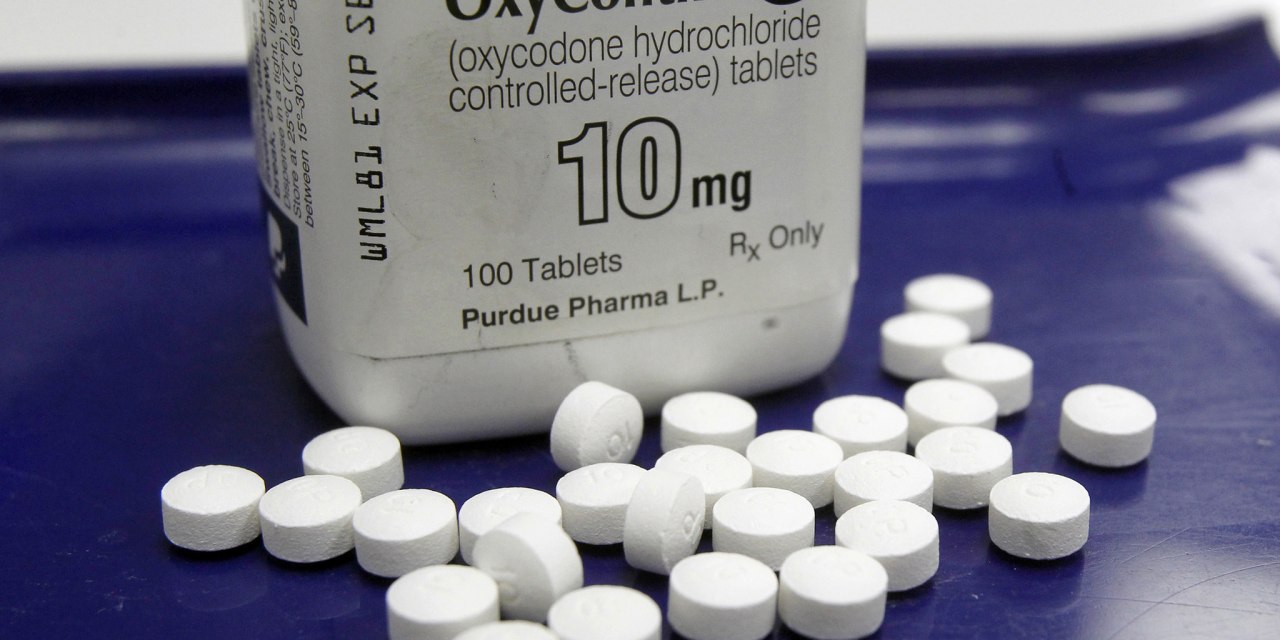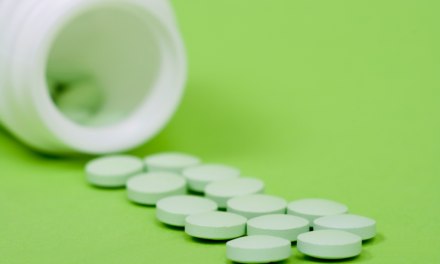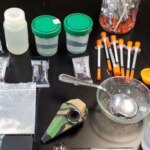Is the opioid epidemic over? Just kidding. It’s been knocked out of the news feed by this other minor health problem we’re currently experiencing…
If you’re curious, there have been some promising signs re opioid abuse in the last two years. That’s in the wake of nearly two decades of bad news.
I’m referring to a slight downturn in total fatalities, likely due to improved access to naloxone and treatment. Still a long ways to go. And when the epidemic is finally declared over, society will be left with a host of health and social problems to deal with.
I’m afraid that’s how these things usually work.
Two interesting articles on opioids and the opioid crisis this past week. First, a review of a new book on the painful experience in West Virginia:
Welcome to Kermit, WV, Pop. 382 and 9 Million Pain Meds
There’ve been other fine books on the epidemic (Sam Quinones’ Dreamland), and this one focuses on one of its epicenters. The author won a Pulitzer for his investigative journalism. I don’t think anybody, including me, realized 7 or 8 years ago just how intimately involved Big Pharma and its offshoots were in the phenomenal escalation of drug abuse in West Virginia. In some ways, they come across as little better than street thugs.
Remember Omar the bandit in The Wire as he explained his business to the crooked attorney? We’re two of a kind, he insisted. One carries a shotgun, the other a briefcase, but we’re both thieves.
It’s futile to pin our hopes on the private sector to fully regulate itself. Some companies will, of course, but others inevitably will not. They can do a lot of damage. Eventually the forces of the law have to step in anyway, usually with a heavy hand.
With opioids, one tactic was to restrict availability of painkillers for any use. That created problems for persons with legitimate medical needs, and physicians who treated them.
Now comes COVID-19. A vast number of patients may require treatment with mechanical ventilators. For that, opioids and sedatives have been essential. If you’ve ever been on a ventilator, you know why – it’s very uncomfortable. The drugs help. Hospitals are pushing to increase availability.
The key for law enforcement is to react without overreacting. We absolutely to need to make sure opioids aren’t diverted, the way they were in Florida, West Virginia, and other states. That could fuel another outbreak of ODs.
Continued effective monitoring is required, just in case some of the bad people are still lurking. Or new ones have taken their place.
By the way, a recent piece in the NY Times reviewed some things physicians have learned from treating the first wave of COVID-19 patients. One is that current protocols, which involved almost immediate use of ventilators, may actually have inadvertently made things worse. If that’s confirmed, a change in protocol would greatly relieve the hospital’s demand for opioids.












